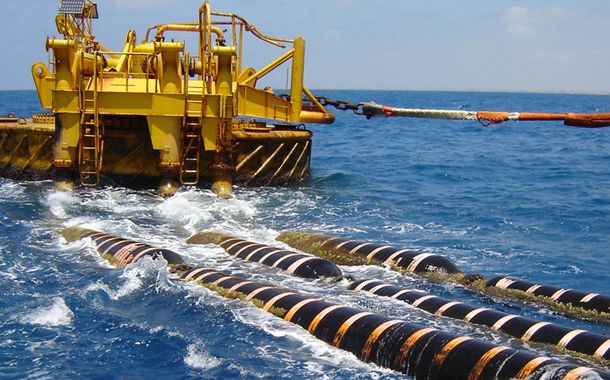Liberia’s Ministry of Posts and Telecommunications has announced the launch of a new regional initiative in collaboration with the ECOWAS Commission for Infrastructure, Energy, and Digitalization and the World Bank to deploy a second international subsea cable.
The new cable will serve Liberia, Gambia, Guinea-Bissau, Guinea, and Sierra Leone, enhancing digital connectivity across the region.
The initiative, officially titled the Second Submarine Cable Project, is designed to strengthen the digital infrastructure of all five participating countries by providing a critical backup for internet access.
The announcement was made via a press release issued by the ministry last week, highlighting the project’s importance to regional connectivity and digital development.
Addressing reliance on a single connection
Currently, each of the five West African countries relies solely on the Africa Coast to Europe (ACE) cable for international internet connectivity.
This lack of redundancy has posed risks to service stability and has limited the countries’ ability to respond effectively to service disruptions or capacity challenges.
The new cable is expected to provide much-needed resilience, ensuring consistent and secure internet access for millions of users across the region.
The ECOWAS Commission’s Project Preparation and Development Unit (PPDU) engaged French telecoms consultancy firm TACTIS to conduct a detailed feasibility study for the project.
That study was completed last Friday, paving the way for the next phases of project implementation.
According to the Liberian ministry, the findings of the study will help inform technical, financial, and strategic decisions needed to move the project forward.
Improving regional digital capacity
The proposed second subsea cable will not only provide backup capacity but will also help reduce latency, increase bandwidth, and improve service affordability.
These improvements are essential for enabling digital innovation, supporting e-governance, and expanding digital inclusion efforts in underserved and rural areas.
By working with the World Bank and the ECOWAS Commission, Liberia and its regional partners are aligning the project with broader goals of digital transformation and regional integration.
The initiative falls in line with ECOWAS’ vision to build a more connected and resilient West Africa through sustainable infrastructure investment.
As digital demand continues to rise across the region, the second subsea cable project marks a major step forward in strengthening critical ICT infrastructure.
For Liberia and its partners, the deployment of this additional cable is expected to help future-proof digital connectivity and accelerate the growth of digital economies across West Africa.











